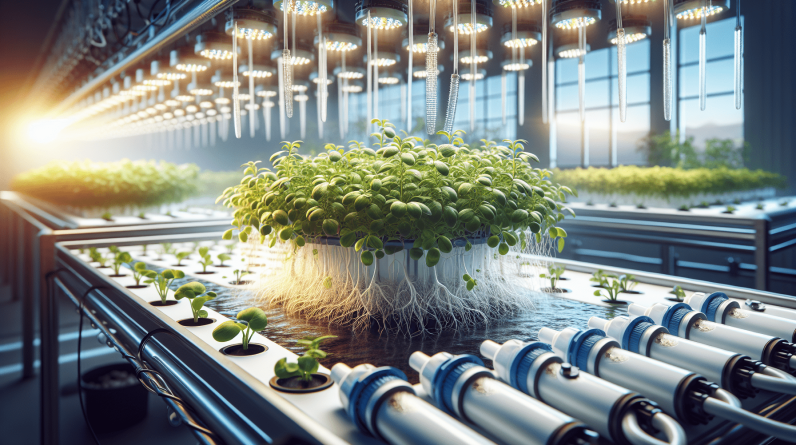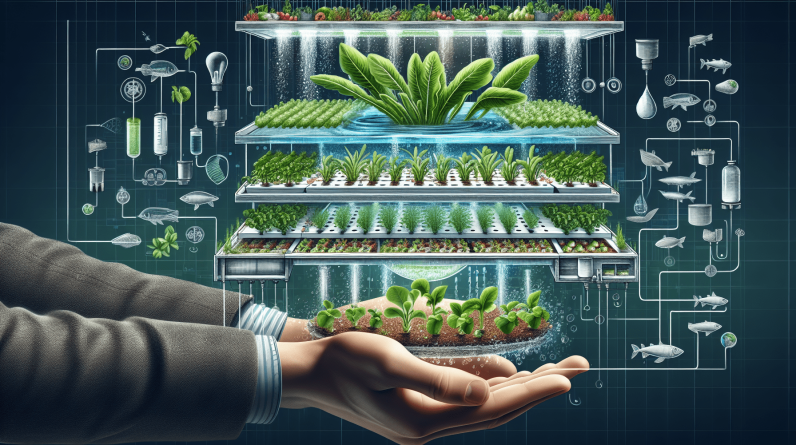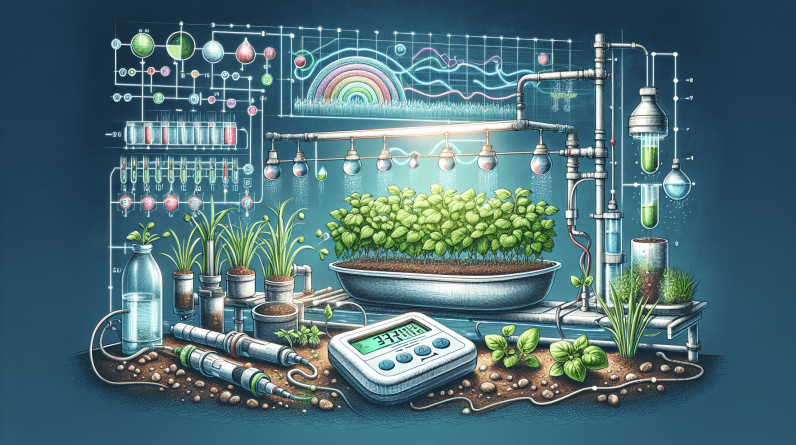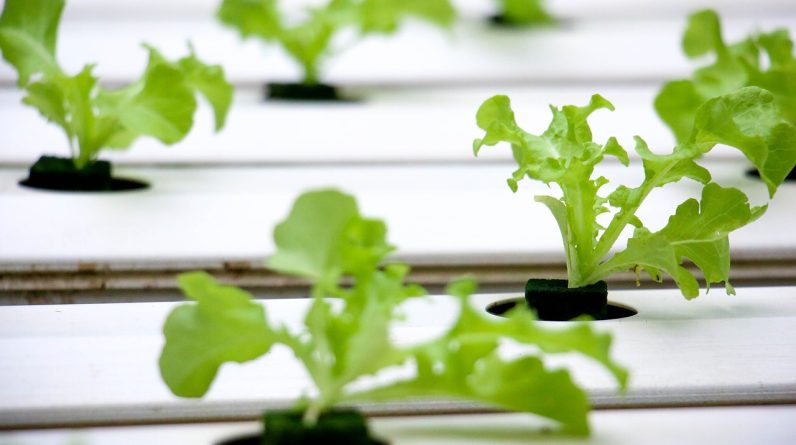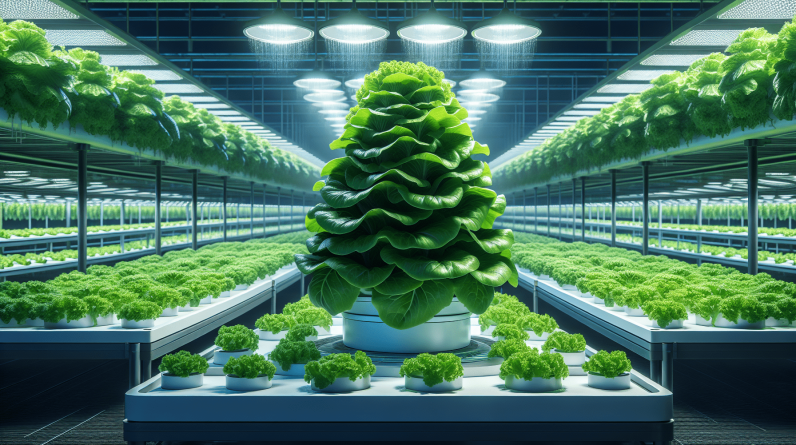
Introduction to Hydroponic Gardening
Hydroponic gardening is a soil-less method of cultivating plants that has gained popularity due to its numerous benefits. In this article, we will explore the most common mistakes made by beginners in hydroponic gardening and provide you with helpful tips on how to avoid them. Whether you are a novice or experienced gardener, this guide will help you achieve success in your hydroponic endeavors.
Understanding the Basics of Hydroponic Systems
Before diving into the mistakes to avoid, let’s first understand the basics of hydroponic systems. These systems rely on a nutrient-rich water solution to feed plants directly. By eliminating the need for soil, plants can grow faster and produce higher yields. There are various types of hydroponic systems, including deep water culture, nutrient film technique, and aeroponics. Each system has its own set of requirements and benefits, so it’s essential to choose the right one based on your needs and space available.
Benefits of Hydroponic Gardening
Hydroponic gardening offers a range of benefits compared to traditional soil gardening. These benefits include faster growth rates, higher yields, water conservation, year-round cultivation, and reduced risk of pests and diseases. By understanding these advantages, you can see why hydroponic gardening is a sustainable and efficient method for growing fresh and nutritious crops.
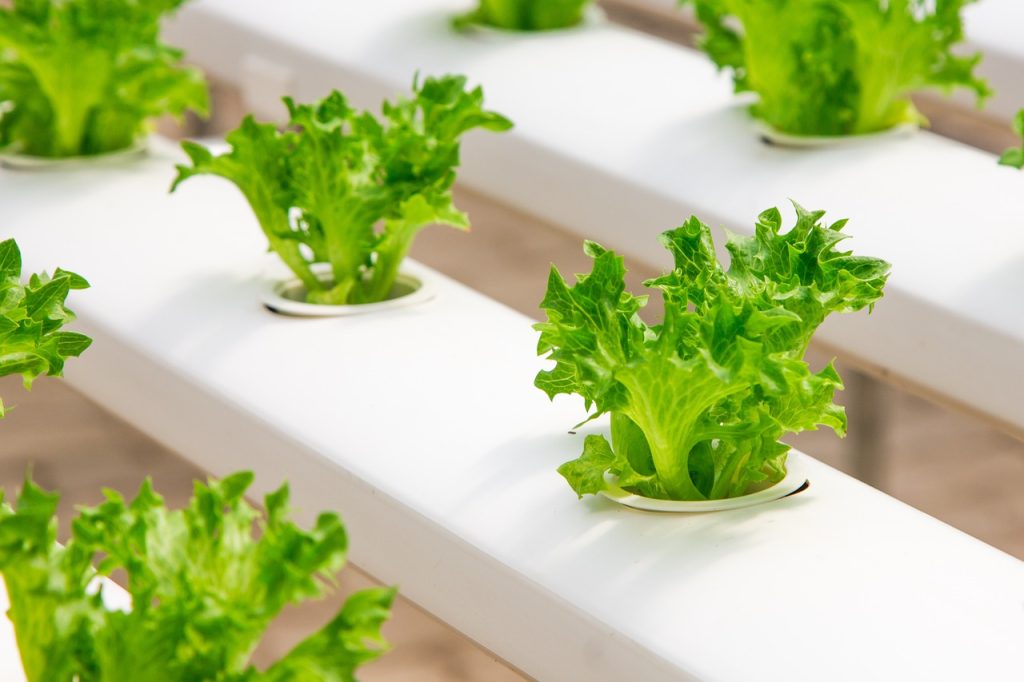
Common Mistakes in Hydroponic Gardening
Now that we have covered the basics, let’s delve into the most common mistakes made by beginners in hydroponic gardening and how you can avoid them to ensure successful plant growth.
Neglecting Proper pH Levels
One of the most common mistakes in hydroponic gardening is neglecting to monitor and adjust pH levels. The pH level of the nutrient solution directly affects the availability of essential nutrients to plants. When the pH is too high or too low, plants may not be able to absorb nutrients effectively, leading to stunted growth or nutrient deficiencies. To avoid this mistake, invest in a pH meter and regularly test the nutrient solution. Aim for a pH level between 5.5 and 6.5 for most plants to ensure optimal nutrient uptake.
Overlooking Nutrient Imbalances
Another common mistake is overlooking nutrient imbalances in the hydroponic system. Plants require a precise balance of essential nutrients, including nitrogen, phosphorus, potassium, calcium, and magnesium, to thrive. Imbalances in these nutrients can lead to nutrient deficiencies, leaf discoloration, poor growth, and weak plants. To prevent this mistake, use a high-quality nutrient solution formulated specifically for hydroponic gardening and follow the manufacturer’s guidelines for nutrient dosing.
Poor Root Health
Poor root health is a crucial mistake that many beginners make in hydroponic gardening. Healthy roots are essential for nutrient uptake, water absorption, and overall plant growth. Root rot, root diseases, and root blockages can occur if the root environment is not properly maintained. To avoid this mistake, ensure that your hydroponic system provides adequate oxygenation to the roots, maintain proper water temperature, and regularly inspect the roots for any signs of disease or damage.
Inadequate Lighting
Lighting is a critical factor in hydroponic gardening, as plants require sufficient light for photosynthesis and growth. Inadequate lighting can lead to leggy, weak plants with poor fruit production. Many beginners make the mistake of using the wrong type of lighting or placing lights too far away from the plants. To avoid this mistake, invest in high-quality LED grow lights or fluorescent lights that provide the right spectrum and intensity for plant growth. Position the lights at the correct distance from the plants based on their light requirements to ensure optimal growth.
Poor Air Circulation
Proper air circulation is essential for healthy plant growth in hydroponic systems. Poor air circulation can lead to stagnant air, high humidity levels, and the spread of fungal diseases. Beginners often overlook the importance of air circulation and place their plants in enclosed spaces without proper ventilation. To avoid this mistake, invest in a fan or air circulation system to maintain adequate airflow around your plants. Regularly monitor humidity levels and ensure that your plants receive fresh, oxygen-rich air to thrive.
Overfeeding or Underfeeding Plants
Finding the right balance of nutrients for your plants can be challenging, as many beginners tend to overfeed or underfeed their hydroponic crops. Overfeeding can lead to nutrient burn, where excessive nutrients accumulate in the plant tissues, causing leaf damage and nutrient imbalances. Underfeeding, on the other hand, can result in stunted growth, pale leaves, and poor fruit development. To avoid this mistake, start with a balanced nutrient solution and monitor your plants for signs of nutrient deficiencies or excesses. Adjust the nutrient dosing based on the plant’s growth stage and specific nutrient requirements.
Lack of Maintenance and Monitoring
Regular maintenance and monitoring are essential for successful hydroponic gardening, yet many beginners neglect this aspect. Without proper maintenance, nutrient imbalances, root diseases, and equipment failures can occur, leading to poor plant health and lower yields. To prevent this mistake, establish a regular maintenance routine that includes cleaning and sanitizing your hydroponic system, checking nutrient levels, pH, and temperature, and inspecting plants for any signs of pests or diseases. By staying vigilant and proactive, you can ensure that your hydroponic garden thrives.
Ignoring Plant Selection and Compatibility
Choosing the right plants for your hydroponic system is crucial for success, but many beginners make the mistake of ignoring plant selection and compatibility. Not all plants thrive in hydroponic environments, as some require specific growing conditions or have different nutrient requirements. Before starting your hydroponic garden, research the best plants for hydroponic cultivation and consider factors such as light requirements, growth habits, and nutrient preferences. By selecting plants that are well-suited to hydroponic systems, you can maximize your chances of a bountiful harvest.
Conclusion
In conclusion, hydroponic gardening is a rewarding and sustainable method for growing fresh, nutritious crops, but it requires careful attention to detail to avoid common mistakes. By understanding the basics of hydroponic systems, addressing key challenges such as pH levels, nutrient imbalances, root health, lighting, air circulation, and nutrient dosing, and staying on top of maintenance and plant selection, you can successfully grow a thriving hydroponic garden. Remember to approach hydroponic gardening with patience and a willingness to learn from mistakes, as each mishap is an opportunity to improve and refine your skills. With the right knowledge and practices, you can enjoy the many benefits that hydroponic gardening has to offer and cultivate healthy, vibrant plants year-round. Happy gardening!





